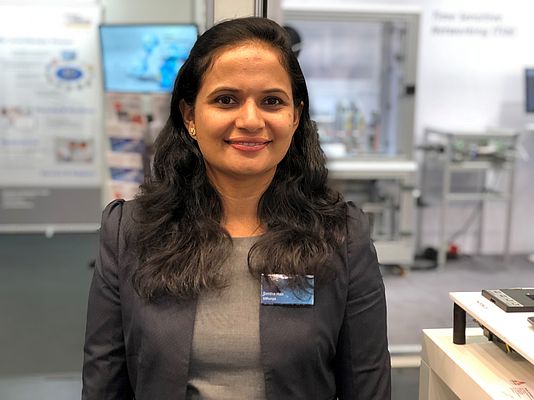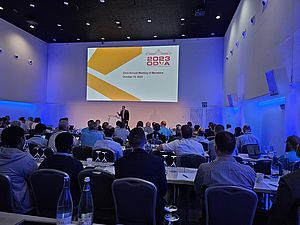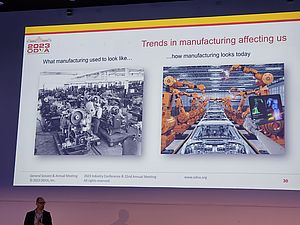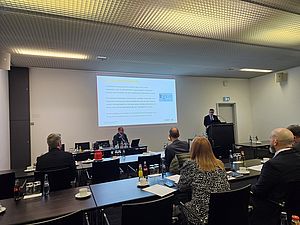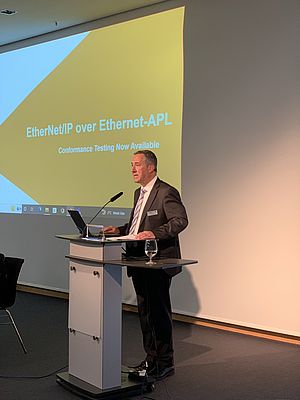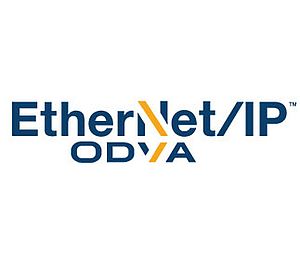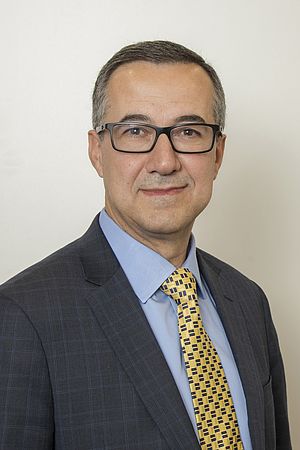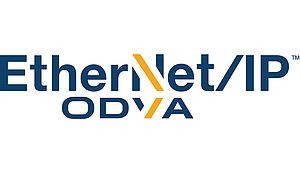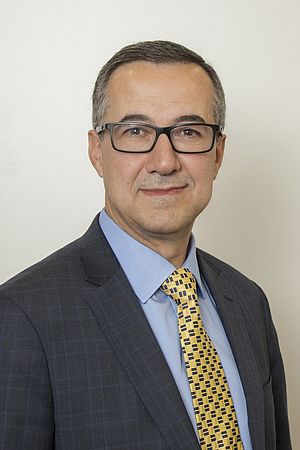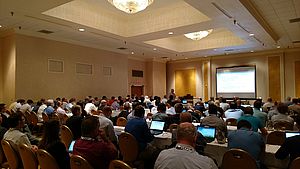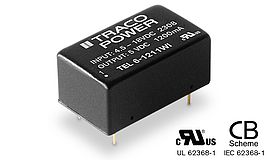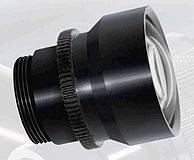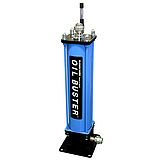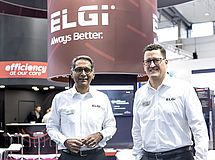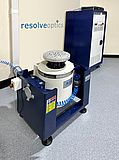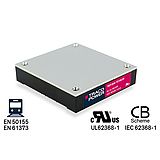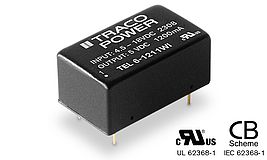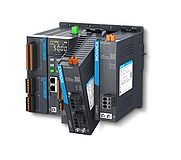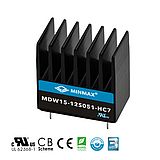IEN Europe: Why EtherNet/IP and Field Device Integration are a value for Process Automation?
S. Rao: As per the NAMUR's position paper on "An Ethernet communication system for the process industry", NAMUR calls for protocols IEC 61784-2 CPF2/2 ‘EtherNet/IP‘ and IEC 61784-2 CPF3/5 ‘PROFINET IO CC B‘ to become minimum binding requirements for the process industry. NAMUR also recommends FDI device packages required for Field Device Integration (FDI) shall be available in the devices and capable of being transmitted to central tools. Hence EtherNet/IP protocol and FDI Device Integration standard is going to play vital role in the Process Automation Industries in the near future.
FieldComm Group has collaborated with OPC Foundation to create the FDI Information Model which provides the harmonized protocol agnostic data to the enterprise layer. EtherNet/IP device supporting FDI technology can be made available via FDI Information model to manufacturing execution systems (MES), and enterprise applications such as Enterprise Resource Planning (ERP) and Supply Chain Management (SCM). In the world of process automation, EtherNet/IP and FDI brings value to the End Users, Device Suppliers and System Suppliers.
For End User, FDI allows the simplified and harmonized access of the EtherNet/IP device to the PAM and higher-level tools.
For Device Suppliers, FDI enables the EtherNet/IP them to choose the simple EtherNet/IP FDI Device Package with only EtherNet/IP EDD for simple devices and FDI Device Package with multiple UIPs to represent the sophisticated features of complex device.
For System Suppliers, any FDI host supporting the FDI GPE (Generic Protocol Extension) will be able to host the EtherNet/IP devices along with Modbus or any proprietary or standard protocol.
IEN Europe: What’s the difference between the FDT/DTM and FDI standard and how can they be complementary employed to enhance process automation?
S. Rao: With smart devices exposing valuable information, Device Integration has always been point of interest in the process automation industry. Over the years, end users have experienced multiple device management technology solutions like EDDL, FDT and now FDI. EDDL is simple and robust, whereas the FDT/DTM is flexible and offers rich graphical capability.
On a higher note, it may look like FDT and FDI technology is competing with each other, but in reality they complement each other. FDI Device Packages can be integrated into both FDI enabled host system as well as FDT2 host system using FDI DTM technology. This brings the flexibility for FDT2 Host system to support both FDT as well as FDI standard. All the FDI related functions in the FDI Device Package will be fully functional in the FDT enabled host system including hosting the UIPs. However other way is not feasible i.e. FDT DTM cannot be integrated into the FDI enabled host system.
IEN Europe: What’s Utthunga’s experience about this topic?
S.Rao: Utthunga is an active member and contributor to FDT Group and FieldComm Group especially in working groups like FDT OPC UA Specification, FDI Specification, FDI Tools and Components, FDI Host Conformance Test Specification and FDT2 Architecture and Specification.
Over the decades, Utthunga has helped its customer to adopt EDDL, FDT and FDI technology in building the EDDL/FDI and FDT enabled host systems for windows and handheld platform, Device and Gateway DTMs, FDI Device Package, UIP Development, Communication Server development etc. Utthunga is the only accredited FDT Certification Centre in India and has offered more than 200+ device integration solutions to its customers across the globe.
IEN Europe: What can you tell us about FDT IIoT server FITS?
S. Rao: The platform independent FDT IIoT Server – FITS simplifies the adoption of IIoT and Industry 4.0 solutions. It enables FDT technology to be available in mobile, handheld, cloud and enterprise level application reaching the new horizon. OPC UA has been well adopted in the market as key standard for reliable, secure exchange of information. FDT and OPC UA integration will enable any generic or FDT aware OPC UA client to get the harmonized information from the devices connected to the FDT server independent of the device type, vendor or communication network.
FITS Server also offers the web services and rich control network interoperability to optimize the connectivity and fetch the valuable information from the field devices in process, hybrid and discrete manufacturing Industries.
IEN Europe: Why is FDT FITS an added value for Industrial Automation?
S. Rao: Earlier, in FDT/DTM technology eco system there were system suppliers and DTM suppliers and with the arrival of FITS, there will be community of App suppliers whose focus will be providing the use case driven value addition on top of the FITS technology. This way, app developer community can focus on providing the solution to end users. For instance, in order to make the job of maintenance engineer, mobile app built on FITS technology can list down all the devices which needs the maintenance or replacement.
IEN Europe: ODVA, FieldComm Group, OPC Foundation and FDT Group: Can you explain to our readers how do these three organizations work together for a simplified and advanced transition to IoT?
S. Rao: In the real-world scenarios, technology offered by these organizations – ODVA, FieldComm Group, FDT Group, and OPC Foundation – is being used side by side and with the transition to IIot, it is critical for these organizations to work seamlessly together to derive the best values from the plant floor for the end users. ODVA and FieldComm Group have already been working together on the next generation physical layer called APL along with PROFINET organization to ensure EtherNet based protocols like HART-IP, EtherNet/IP and PROFINET to work seamlessly on the advanced physical layer. OPC Foundation and FieldComm Group is working on FDI Device Information model for Process Automation devices which is based on Semantic ID enables the machine readable information from the field devices. FDI Specification is owned by FDT Group, OPC Foundation, PROFIBUS and PROFINET Organization and FieldComm Group. FDT Group and OPC Foundation has already released the FDT OPC UA Information Model specification.
By Sara Ibrahim


